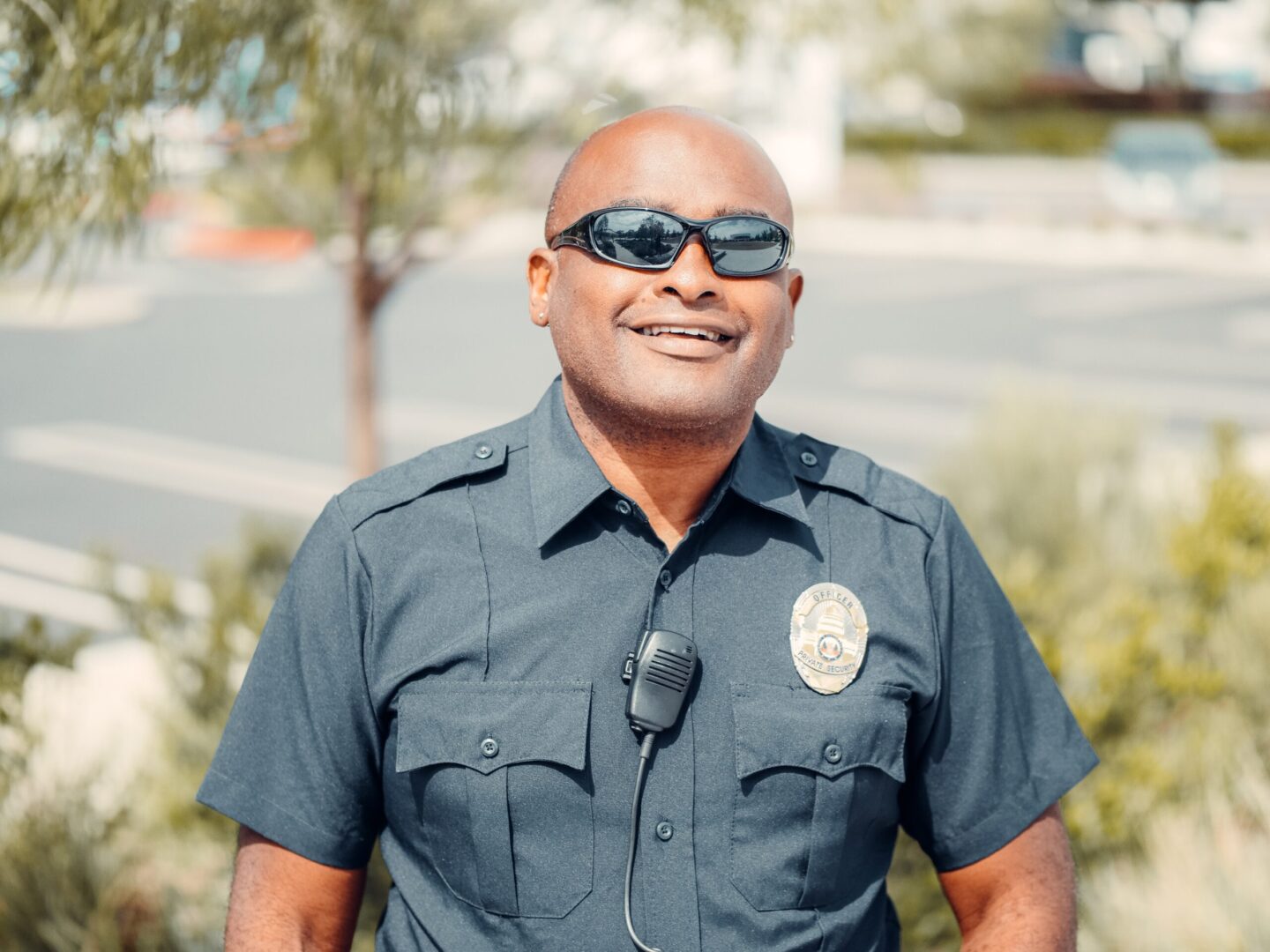Law enforcement officers play a critical role in maintaining law and order, but their job can be physically and emotionally demanding. The high-stress nature of the job can take a toll on officers, leading to burnout, poor performance, and even mental health issues. Self-care is essential for law enforcement officers to maintain their physical and mental well-being, which can have a significant impact on their performance. In this blog, we will explore the impact of self-care on law enforcement officers’ performance.
- Improved physical health Law enforcement officers must be physically fit to perform their duties effectively. Self-care practices such as regular exercise, healthy eating, and getting enough rest can help officers maintain their physical health. Officers who prioritize self-care are less likely to suffer from health issues such as obesity, heart disease, and diabetes, which can impact their job performance.
- Enhanced mental health The high-stress nature of law enforcement can lead to mental health issues such as depression, anxiety, and post-traumatic stress disorder (PTSD). Self-care practices such as mindfulness, therapy, and stress management techniques can help officers manage their mental health. Officers who prioritize their mental health are better equipped to handle the challenges of the job, make sound decisions, and perform their duties effectively.
- Better job performance Self-care practices can help law enforcement officers perform their duties more effectively. Officers who prioritize self-care are less likely to suffer from burnout and fatigue, which can impact their job performance. They are better equipped to manage stress, make sound decisions, and communicate effectively with colleagues and the public.
- Improved relationships Self-care can also improve law enforcement officers’ relationships with their colleagues and the public. Officers who prioritize self-care are better equipped to manage conflicts, communicate effectively, and build strong relationships with their colleagues. They are also more likely to demonstrate empathy and compassion, which can improve their interactions with the public.
- Reduced absenteeism and turnover Self-care practices can help reduce absenteeism and turnover among law enforcement officers. Officers who prioritize self-care are less likely to suffer from burnout and other job-related health issues, which can lead to increased absenteeism and turnover. By prioritizing self-care, law enforcement agencies can help retain experienced officers and reduce the costs associated with recruiting and training new officers.
In conclusion, self-care is essential for law enforcement officers to maintain their physical and mental well-being, which can have a significant impact on their performance. Officers who prioritize self-care are better equipped to manage stress, make sound decisions, and communicate effectively with colleagues and the public. By promoting self-care practices, law enforcement agencies can help their officers perform their duties more effectively and reduce the costs associated with absenteeism and turnover.
Start conducting internal employee surveys today using Officer Survey’s all-in-one platform, and take the first step towards creating a more engaged and empowered workforce. With Officer Survey’s user-friendly interface and customizable survey templates, you can quickly and easily gather feedback from your employees, identify areas for improvement, and take action to address their concerns. So why wait? Sign up for Officer Survey today and start building a more positive and productive workplace culture!






